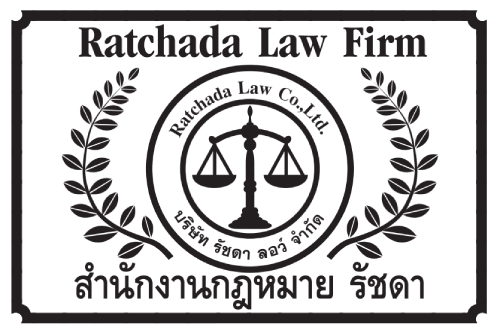Home > CONDOMINIUM
CONDOMINIUM
Our real estate lawyers specialize in supervising condo purchases, leases and preparing condo contracts in Thailand.
Buying a condo in Thailand is an attractive option for many foreign nationals. There are less nationality restrictions under Thailand condominium laws regarding ownership than land ownership and it is possible for a foreigner to own a condo outright. As one of the few property rights allowed under Thailand real estate law to non-Thai nationals, condo-ownership is a popular choice for investment as well as residence and retirement purposes.

FREE CONSULTATION

REASONABLE FEES

ENGLISH SPEAKING LAWYERS

BIG EXPERIENCE
In general, according to Thai real estate law and the regulations that govern condominium law, non-Thai nationals may purchase condo units in condo buildings throughout Thailand, as long as their purchase would not cause the foreign ownership ratio of combined units in the building to exceed 49% of the total floor area. Certain condo buildings in the Greater Bangkok Metropolitan Area may not be subject to the same 49% foreign ownership ratio restriction.
Thailand condominium laws specify that foreigners who do not have a Thailand residence permit must show proof that the funds for purchase of the condominium were brought from outside of Thailand. Non-Thais who have legal residence permits are not required to show evidence of funds coming from abroad for the condominium purchase.
Pursuant to the Thailand Land Law, condominiums may be leased to foreigners for periods of up to 30 years and may have options to renew the lease upon expiry. Leases longer than 3 years must registered with the Land Department.
Most foreigners purchase a condominium by showing evidence of an incoming remittance of foreign currency into their bank account from abroad. This is typically demonstrated by requesting the issuance of a certifying document from the receiving bank in Thailand.
Property ownership of a condo may be inherited by either Thai or non-Thai descendents under normal circumstances. However, consultation with a licensed experienced Thai lawyer is recommended for estate planning.
Thailand laws regulating real estate transactions do not provide as many inherent consumer protections as with most western jurisdictions. For example, in Thailand, real estate agents are not licensed and title insurance is not commonly used. Thailand is very much a “Buyer Beware” jurisdiction. Foreign buyers are advised to seek legal advice from a qualified Thailand real estate attorney.

